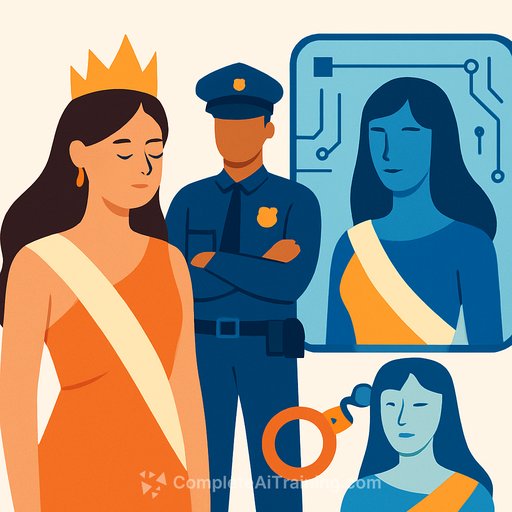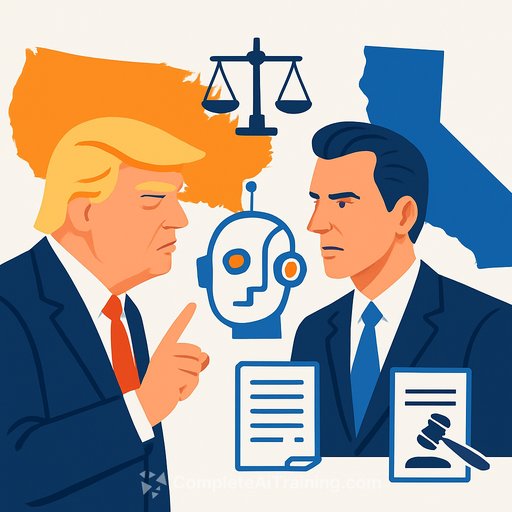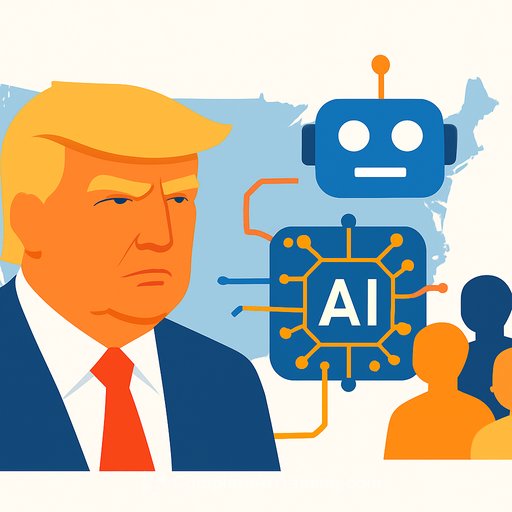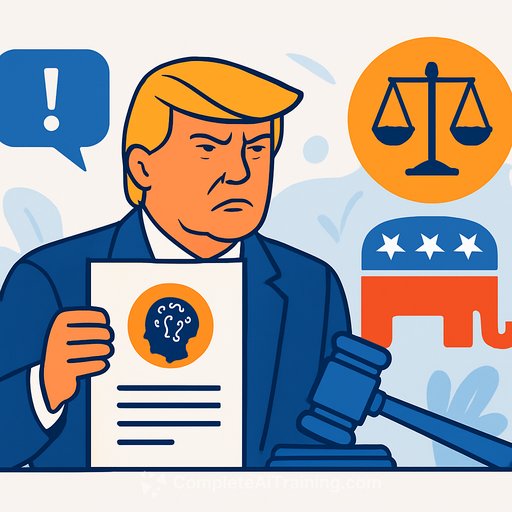Legal and Ethical Challenges as Vietnamese Film Uses AI to Replace Arrested Lead Actress
A Vietnamese film, "Chot Don" (Closing the Sale), has sparked legal and ethical debates by using AI technology to replace its lead actress, Nguyen Thuc Thuy Tien, Miss Grand International 2021, following her arrest for alleged consumer fraud. The film’s press screening took place on August 4 in Ho Chi Minh City after a nearly two-month delay due to the controversy.
The production team disclosed that they employed multiple AI techniques to create a fully digital human character in place of Tien. Her voice was dubbed by a professional actress to complete the digital portrayal.
Contractual and Legal Considerations
Nguyen Thuc Thuy Tien, 27, was arrested in May linked to a fraud case involving Kera Supergreens Gummies, a fiber supplement she promoted. The studio's legal representative, Nguyen Ngoc Son, explained that simply replacing Tien’s face while keeping her body would infringe on her personal image rights. Consequently, they opted to develop a completely new digital character.
Tien’s contract granted the producers full rights to her image and required her to maintain a professional public image. Her legal issues reportedly violated these terms, nullifying her ability to contest the AI replacement. The studio sought confirmation from the contracting agency but was told it handled only contractual matters, not legal issues.
Regulatory and Industry Perspectives
The Vietnam Cinema Department approved the AI-modified version after consulting legal experts. The agency views this as a step toward integrating AI technologies within the film industry.
However, legal experts emphasize that Vietnam currently lacks specific AI legislation. Lawyer Hoang Ha noted that while the Civil Code protects image and personality rights, using AI-generated characters based on an actor’s appearance demands explicit prior agreements in contracts. Additionally, compliance with the 2005 Intellectual Property Law remains essential when dealing with performers’ and producers’ rights.
Another lawyer, Hoang Anh Son, stressed the need for caution, citing the constitutional presumption of innocence. He warned that replacing an artist’s image amid legal proceedings could infringe on personal rights unless clearly justified by law. He also noted that legal frameworks should specify the offenses that might warrant such actions to avoid arbitrary decisions.
Audience Reception and Production Challenges
The AI-generated lead performance faced criticism for lacking emotional depth. Viewers found facial expressions during critical scenes stiff, affecting the film’s overall impact.
Co-director Bao Nhan acknowledged these concerns but explained the team had limited options after initial struggles. The AI approach was chosen after evaluating available technology samples. Dinh Thi Thanh Huong, CEO of Galaxy Studio, described the project as the company’s toughest in 30 years, nearly leading to shelving the film due to financial and emotional strain. Ultimately, the decision to release was driven by responsibility to the crew, cast, and shareholders.
Background on the Controversy
In December 2024, Tien promoted Kera Supergreens Gummies with other influencers, claiming the product was a healthy snack equivalent to a plate of vegetables. Authorities later revealed she held a 30% profit share in the company. The controversy escalated when tests showed the gummies contained significantly less fiber than advertised. Following public backlash, Tien removed her promotional content, and major brands like Dior and Tommy Hilfiger removed her images from their social media platforms.
The film's premiere was postponed, and its fan page temporarily deactivated amid the fallout.
Global Context of AI Use in Film
This case is part of a broader global debate about AI in cinema. The 2024 film "A Legend" used AI to de-age Jackie Chan from 70 to 27, but audiences criticized the digital effects for appearing unnatural and emotionally flat, especially in dramatic scenes.
Implications for Legal Professionals
This incident highlights the urgent need for clear legal frameworks addressing AI use in entertainment, particularly concerning personality rights and image licensing. Contracts involving actors should explicitly cover AI-generated likenesses and potential substitutions to avoid disputes.
For those interested in the intersection of AI and law, understanding emerging legislation and industry practices is crucial. Resources on AI applications and legal implications can be found at Complete AI Training.
Your membership also unlocks:






